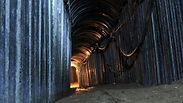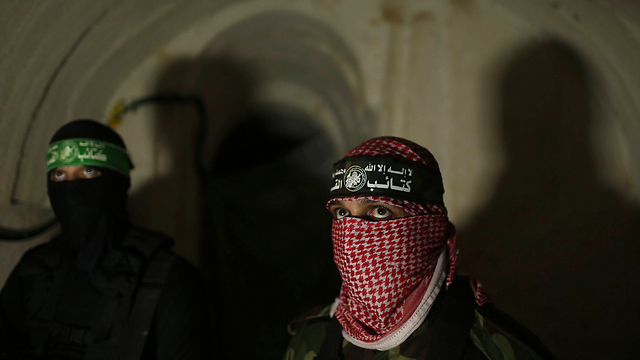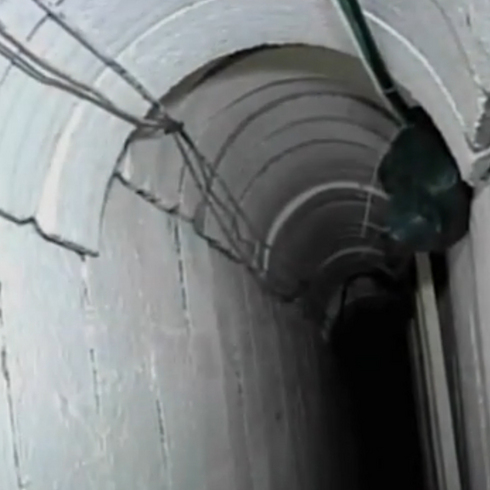

Committee finds IDF was unprepared during Protective Edge
Initial conclusions by a military committee led by Maj. Gen. Yossi Bachar finds that the Israeli Army was ill-prepared to face Hamas tunnel threats during Operation Protective Edge; the committee could still choose to stop the full report from going public.
A military committee headed by Maj. Gen. Yossi Bachar charged with reviewing Operation Protective Edge has published some of its conclusions. Among other points, it has found that the IDF was not adequately prepared based on the amount of Hamas casualties relative to the amount of firepower used against them.
The Bachar Committee examined the issue of tunnels for months, questioning dozens of officers and commanders who took part in the operation. The details of the committee's conclusions were released Tuesday on Army Radio.
The committee determined that ground forces were unprepared to handle tunnels while maneuvering attacks. In fact, only a series of improvisations and changes made on the ground weeks before the war allowed for damage to be caused during fighting. Additionally, the committee found that it took more than a month to successfully strike and halt the tunnels' progress, out of a total of 50 days of fighting.
The committee's conclusions indicated that the threat of tunnels was known to forces, but that their method of neutralization during the war along with the amount of tunnels were unknown to commanders prior to the start of hostilities. The committee further found that methods of tunnel destruction were not conducted according to operational doctrine. In fact, a standardized plan did not exist and as such, battalion and company commanders had no precedent to build upon.
An organized order of battle against tunnels was only available for special forces units such as Sayeret Matkal, who regularly patrolled along the border and neutralized tunnels before the war.
The committee also found that Hamas succeeded in effectively commanding its forces throughout the course of the war despite hundreds of daily, accurate IDF attacks.
The subcommittee in charge of deciding whether to make it public currently has a five-member majority made up of coalition members, with MK Meirav Ben-Ari (Kulanu) probably turning out to be the deciding vote on whether to make the report public.
Several of the committee's conclusions were published alongside a report by the State Comptroller on tunnels and the IDF's preparedness. It should also be noted that the Knesset State Control Committee has the authority to prevent the release of the report to the public, even after the approval of Israeli Military Censor.
The conclusions of the Bachar-led committee contradict the heroic narrative the IDF attempts to promote. Those within the State Control Committee expressed apprehension over Prime Minister Benjamin Netanyahu possibly exerting his political power over the subcommittee to prevent the report from going public.
f the committee would be stopped from going public with its conclusions, the decision could be overturned by petitioning the Israeli High Court of Justice.
Education Minister and Bayit Yehudi Leader Naftali Bennett praised the report, calling it "a testament to transparency." He added,"The political echelon should act like the army. This is exactly how you should investigate, and I'm proud of the IDF for being able to examine itself."

















